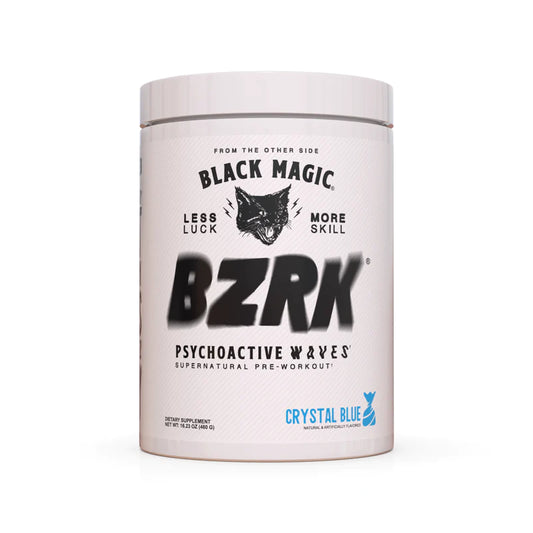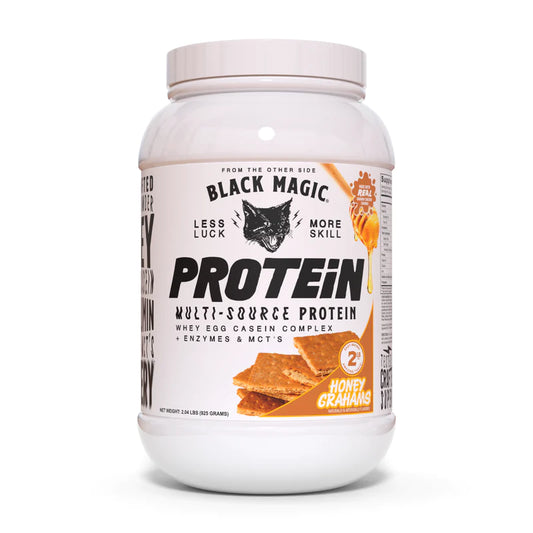Alex Eubank is a world-class triathlete known for his incredibly disciplined training regimen and rock-solid mental game. With multiple Ironman wins under his belt, Eubank has proven that his training methods produce results at the highest levels of triathlon competition.
In this article, we'll break down Eubank's training philosophy and provide actionable tips on how you can model your own training after this triathlon icon. While genetics play a role, it's Eubank's smart and structured approach to training that has fueled his success. Follow these guidelines, and you'll be well on your way to training like one of the best in the sport.
Overall Training Philosophy
Eubank follows the mantra of "train smart, train hard." Every session has a purpose, and he never wastes time and energy on haphazard workouts. His training focuses on building a solid aerobic base, improving technique, honing race pace skills, and developing mental toughness. He trains year-round with focused sessions during peak race season. Consistency, discipline, and attention to recovery are hallmarks of his program.
Eubank emphasizes that success lies not in any single epic workout, but the cumulative effect of many sound training decisions over weeks, months and years. As he says, “Races are won in the mundane.” Keep this perspective as you implement his training principles into your own program.
Swim Training
As a triathlete, Eubank spends a lot of time in the pool honing his swim technique and endurance. Here are some key elements of his swim training:
- 3-4 swim sessions per week totaling 10-15k yards
- Warm up with 400-800 easy mixed strokes
- Main set focuses on stroke drills, tempo intervals, long steady swims, and race pace intervals ranging from 50-400 yards
- Emphasizes developing smooth, efficient stroke mechanics
- Works a lot on hip and ankle flexibility to transfer power through the water
- Does ample non-freestyle strokes like backstroke, breaststroke, and butterfly to build overall strength
- Finishes workouts with kicking sets for leg strength and sprints for speed
- Regularly trains in open water to prepare for race conditions
In modeling your swim training after Eubank, focus on building your yardage steadily over time, nail down proper stroke mechanics, and include a variety of swim workouts to produce muscular balance and avoid overuse injuries.
Bike Training
Cycling is where Eubank really shines, as demonstrated by his many bike course records. His keys to success include:
- 5-6 bike sessions per week, ranging from 60-120+ miles for long rides
- Meticulously fits his bike to optimize power transfer and aerodynamic position
- Spins high cadence, often 90+ rpm, for efficiency and muscular endurance
- Completes numerous interval sessions focused on thresholds and VO2 max efforts
- Performs tempo rides at lactate threshold heart rate for sustained pace skill
- Trains extensively on hills to build power and mental resilience
- Uses compression socks during and after cycling to improve recovery
- Places high priority on bike strength training in the gym
- Regularly analyzes power data to detect weaknesses and improve output
To emulate Eubank’s world-class cycling, you'll need to commit to high volume training with a focus on speed and power. Nail your bike fit, train with varied intervals, and constantly push your pace and endurance. Hone your mental game to embrace the suffering of hard efforts.
Run Training
As a triathlon runner, Eubank must balance building run strength with avoiding overuse injuries from his already taxing swim/bike training load. Here are the keys to his run program:
- 4-5 running sessions per week covering 30-60 miles
- Prioritizes consistency over long runs to stay healthy
- Strides after easy runs to build leg speed and running economy
- Track intervals focused on 5k-10k race paces
- Hill repeats and trail runs to build strength and mental toughness
- Recovery runs at 60-90 seconds slower than marathon pace
- Foam rolling, stretching, and strength training to prevent injury
- Constant attention to running form and posture
To run like Eubank, train for a fast 5k-10k pace, not just pure endurance. Focus on proper form, recovery, and strength work. Keep easy runs easy and hard runs hard. Avoid the temptation to log lots of 20+ mile runs if it leads to injury. Consistency over years pays off more than a few epic long runs.
Strength Training
While Eubank spends the bulk of his training time on swimming, biking and running, he knows the huge role that targeted strength work plays in avoiding injury and enhancing performance. He strength trains 5-6 days per week with focused sessions on:
- Gym compound lifts like squats, deadlifts, pull ups, and overhead presses
- Isolation exercises targeting core strength and joint stability
- Light kettlebell circuits emphasizing muscular endurance
- TRX suspension work for balance and coordination
- Weights, resistance bands, and bodyweight moves to prevent imbalances
- Low weight/high rep sets focused more on stability vs pure strength
- Pulling motions to counteract overdeveloped push muscles from swim stroke
Eubank's strength program produces a strong yet balanced physique that optimizes power and efficiency in all three triathlon disciplines. Make strength training a priority in your own training for increased speed, endurance, and injury resilience.
Mental Toughness
While physical training is essential, Eubank cites mental toughness as the defining factor that separates the best from the rest. He has an almost fanatical emphasis on self-discipline, work ethic, and the ability to embrace suffering. Here's how he trains the mind:
- Uses visualization before key workouts and races, rehearsing every detail
- Pursues a monastic lifestyle centered around training
- Embraces and even seeks out rainy, cold weather for training
- Remains stoic during the pain of the toughest training sessions
- Excels in heat management and hydration strategies
- Accepts that sacrifice and hardship pave the road to success
- Displays unshakable confidence in his rigorous preparation
- Remains disciplined and committed when lacking motivation
You can adopt Eubank's mental approach by truly embracing hard training, visualizing success, staying confident in race preparation, and accepting sacrifice and suffering as a necessary part of the triathlon journey. Seek out challenges that test your comfort zone. Stay stoic in the face of adversity, and success will follow.
Recovery and Nutrition
To support his intense training load and gain maximum adaptation, Eubank is a stickler for optimal recovery and customized nutrition. He:
- Prioritizes sleep, napping daily in addition to a full night's rest
- Takes full rest days whenever needed, not just following a schedule
- Receives sports massages, stretching, and physical therapy
- Spends time in compression boots for improved circulation
- Focuses heavily on hydration and electrolyte balance
- Follows a high protein, high veggie, low sugar, low processed carb diet
- Plans nutrition precisely for workouts and recovery
- Cooks many meals at home to control ingredients
- Experimented extensively to find the diet that maximizes his energy
Optimized recovery and custom nutrition reduce Eubank's injury risk while enhancing the adaptations he gains from training stress. Analyze and tweak your own recovery and diet until you find the formula that allows you to sustain intense training and peak fitness. Don't neglect this crucial aspect.
Training Summation
Alex Eubank's success stems from his holistic approach to triathlon training. Every element--swim, bike, run, strength, mental toughness, recovery--gets attention in a cohesive program. It's built up over years of sustained discipline and commitment. Eubank trains with a ruthless efficiency, never wasting time or energy on haphazard workouts. Sessions serve targeted purposes like base building, technique honing, speed development, muscular balance, mental toughness, and race rehearsal.
While genetics contribute, it's Eubank's focused and disciplined training system that breeds excellence. Use this overview of his methods as inspiration to analyze and upgrade your own training habits. Experiment to find what works for your unique body and psychology. Success takes time, so persist with commitment and patience. With smart, structured, whole-life training, you'll be amazed by the fitness heights you can reach. Now get out there and start training like a champion.



